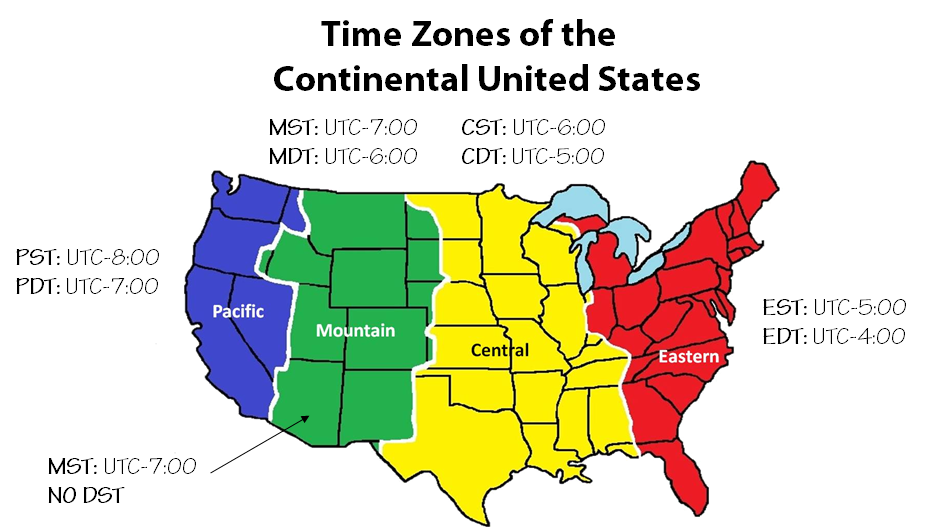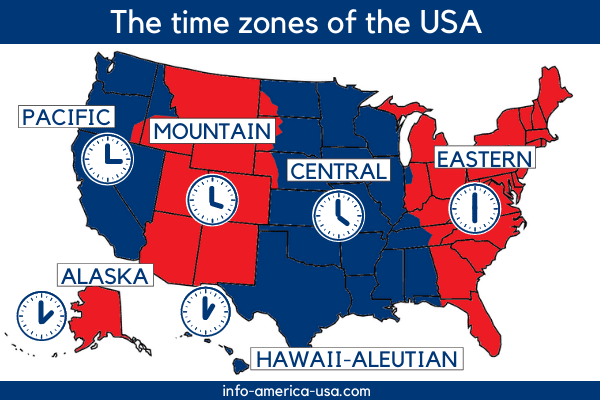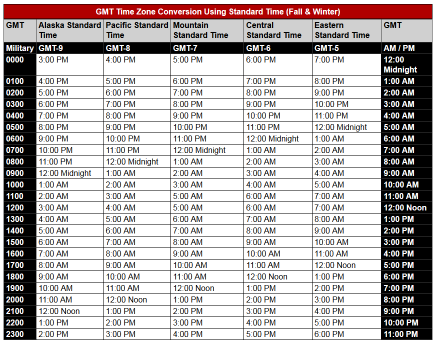Navigating Time Zones: A Comprehensive Guide to GMT+8
Related Articles: Navigating Time Zones: A Comprehensive Guide to GMT+8
Introduction
With enthusiasm, let’s navigate through the intriguing topic related to Navigating Time Zones: A Comprehensive Guide to GMT+8. Let’s weave interesting information and offer fresh perspectives to the readers.
Table of Content
- 1 Related Articles: Navigating Time Zones: A Comprehensive Guide to GMT+8
- 2 Introduction
- 3 Navigating Time Zones: A Comprehensive Guide to GMT+8
- 3.1 Understanding GMT+8: A Time Zone Defined
- 3.2 Geographical Scope of GMT+8: A Global Reach
- 3.3 Importance and Implications of GMT+8: A Global Hub
- 3.4 Navigating Time Differences: A Practical Guide
- 3.5 FAQs: Addressing Common Questions
- 3.6 Tips: Optimizing Your Experience with GMT+8
- 3.7 Conclusion: A Time Zone of Global Significance
- 4 Closure
Navigating Time Zones: A Comprehensive Guide to GMT+8

The world operates on a complex system of time zones, each governed by a specific offset from Coordinated Universal Time (UTC). Understanding these time zones is crucial for various aspects of life, from international communication and business transactions to travel planning and global events. This guide delves into GMT+8, a significant time zone encompassing a vast geographical area, exploring its characteristics, implications, and relevance in the modern world.
Understanding GMT+8: A Time Zone Defined
GMT+8, also known as Coordinated Universal Time +8 hours, is a time zone eight hours ahead of UTC. This means that when it is 12:00 PM UTC, it is 8:00 PM in GMT+8. This time zone is commonly referred to as China Standard Time (CST) due to its adoption by mainland China.
Geographical Scope of GMT+8: A Global Reach
GMT+8 encompasses a vast geographical region spanning across multiple countries and territories:
- Mainland China: The largest country in the world, China adopts GMT+8 as its standard time zone.
- Hong Kong: While a Special Administrative Region of China, Hong Kong maintains its own time zone, aligning with GMT+8.
- Macau: Similar to Hong Kong, Macau, another Special Administrative Region of China, adheres to GMT+8.
- Singapore: This Southeast Asian island nation, renowned for its economic prowess, observes GMT+8.
- Malaysia: The diverse nation of Malaysia, encompassing both peninsular and island territories, adopts GMT+8 as its standard time zone.
- Brunei: This small oil-rich nation in Southeast Asia follows GMT+8.
- Philippines: The archipelago nation of the Philippines, known for its vibrant culture, adheres to GMT+8.
- Taiwan: Officially known as the Republic of China, Taiwan maintains its own time zone, aligning with GMT+8.
- Eastern Indonesia: This region of Indonesia, encompassing provinces like Papua and West Papua, observes GMT+8.
Importance and Implications of GMT+8: A Global Hub
GMT+8 holds significant importance in the global landscape due to its widespread adoption and the economic and cultural influence of the countries within its zone.
Economic Significance:
- Global Trade: The time zone encompasses some of the world’s largest economies, including China, Singapore, and Malaysia. This geographical concentration fosters significant trade and investment opportunities, driving global economic growth.
- Financial Markets: The presence of major financial centers like Hong Kong and Singapore within GMT+8 makes it a crucial time zone for global financial transactions and market movements.
- Business Operations: Companies operating in GMT+8 countries have a significant advantage in terms of communication and collaboration with businesses in other parts of Asia and Oceania, facilitating global business operations.
Cultural and Social Impact:
- Global Communication: The widespread adoption of GMT+8 facilitates seamless communication and collaboration between individuals and businesses across diverse cultural backgrounds.
- International Events: Major global events often consider GMT+8 due to its large population and economic influence, ensuring wide audience participation and engagement.
- Cultural Exchange: The diverse cultural landscape within GMT+8 promotes cross-cultural understanding and exchange, fostering global harmony and cooperation.
Navigating Time Differences: A Practical Guide
Understanding the relationship between GMT+8 and other time zones is crucial for effective communication, travel planning, and global engagement.
UTC Conversion:
- GMT+8 is eight hours ahead of Coordinated Universal Time (UTC). For example, when it is 12:00 PM UTC, it is 8:00 PM in GMT+8.
- This conversion is crucial for international communication, ensuring accurate scheduling of meetings and calls across different time zones.
Time Zone Differences:
- Eastern Time (ET): GMT+8 is 13 hours ahead of Eastern Time (ET). This means that when it is 10:00 AM ET, it is 11:00 PM GMT+8.
- Pacific Time (PT): GMT+8 is 16 hours ahead of Pacific Time (PT). This means that when it is 8:00 AM PT, it is 12:00 AM (midnight) GMT+8.
- Central European Time (CET): GMT+8 is 7 hours ahead of Central European Time (CET). This means that when it is 10:00 AM CET, it is 5:00 PM GMT+8.
Travel Planning:
- When traveling to a country within GMT+8, it is essential to adjust your internal clock to the local time to avoid jet lag and ensure a smooth transition.
- This adjustment can be achieved by gradually shifting your sleep schedule in the days leading up to your trip, allowing your body to adapt to the new time zone.
FAQs: Addressing Common Questions
Q: What is the time difference between GMT+8 and GMT?
A: GMT+8 is eight hours ahead of Greenwich Mean Time (GMT). This means that when it is 12:00 PM GMT, it is 8:00 PM in GMT+8.
Q: What are the countries that observe GMT+8?
A: Countries that observe GMT+8 include mainland China, Hong Kong, Macau, Singapore, Malaysia, Brunei, Philippines, Taiwan, and Eastern Indonesia.
Q: Is GMT+8 the same as CST?
A: Yes, GMT+8 is commonly referred to as China Standard Time (CST) due to its adoption by mainland China.
Q: How does GMT+8 affect global communication?
A: GMT+8 facilitates seamless communication and collaboration between individuals and businesses across diverse cultural backgrounds, promoting global understanding and cooperation.
Q: What are the implications of GMT+8 for business operations?
A: Companies operating in GMT+8 countries have a significant advantage in terms of communication and collaboration with businesses in other parts of Asia and Oceania, facilitating global business operations.
Tips: Optimizing Your Experience with GMT+8
Communication:
- When communicating with individuals or businesses in GMT+8, always consider the time difference and schedule calls and meetings accordingly.
- Utilize online tools and resources to convert time zones accurately and ensure seamless communication.
Travel:
- Plan your travel itinerary to account for the time difference, allowing for sufficient rest and adjustment to the new time zone.
- Consider using a travel app or website to track local time and manage your schedule effectively.
Business:
- Research the time zone of your business partners or clients to ensure efficient communication and collaboration.
- Utilize online meeting platforms to facilitate real-time communication and minimize time zone barriers.
Conclusion: A Time Zone of Global Significance
GMT+8 plays a crucial role in the global landscape, connecting a diverse range of countries and cultures through its time zone. Its economic significance, cultural influence, and widespread adoption make it a critical factor in international communication, business operations, and global events. By understanding the characteristics and implications of GMT+8, individuals and businesses can navigate the complexities of time zones, fostering seamless communication, collaboration, and global engagement.







Closure
Thus, we hope this article has provided valuable insights into Navigating Time Zones: A Comprehensive Guide to GMT+8. We thank you for taking the time to read this article. See you in our next article!